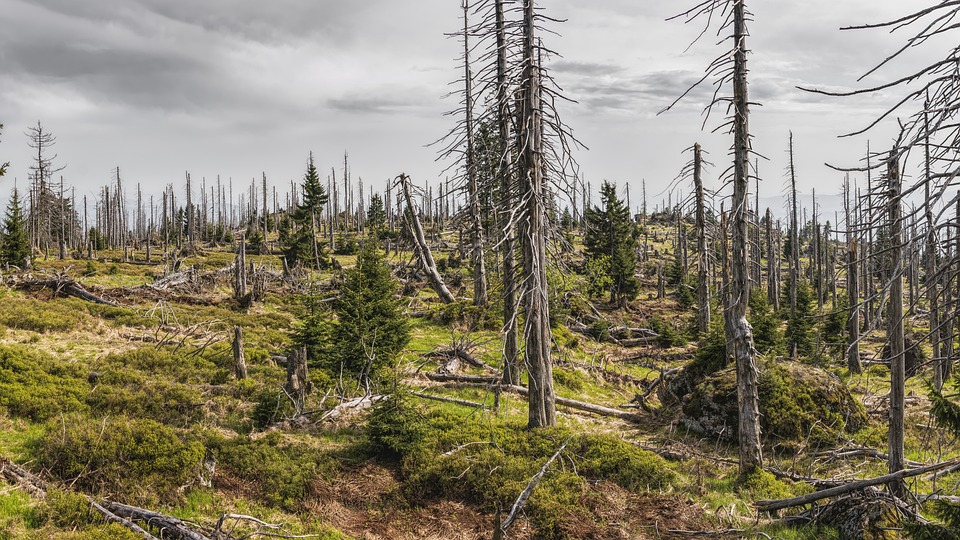The Impact of Deforestation on the Environment
Deforestation is a global environmental crisis that is causing irreversible damage to our planet. The widespread destruction of forests around the world is having devastating effects on the environment, wildlife, and human populations. From the Amazon rainforest to the forests of Southeast Asia, deforestation is a major threat to biodiversity, climate stability, and the overall health of ecosystems.
The Loss of Biodiversity
One of the most significant impacts of deforestation is the loss of biodiversity. Forests are home to more than 50% of the world’s plant and animal species, making them one of the most diverse ecosystems on Earth. When forests are clear-cut or burned down, countless species of plants and animals lose their habitats and are pushed to the brink of extinction. This loss of biodiversity can have far-reaching consequences for ecosystems, as many species are interconnected and rely on each other for survival.
Climate Change
Deforestation is also a major contributor to climate change. Forests play a crucial role in regulating the Earth’s climate by absorbing carbon dioxide from the atmosphere and storing it in the form of biomass. When forests are cleared, this carbon is released back into the atmosphere, contributing to the greenhouse effect and global warming. Deforestation is responsible for approximately 15% of global greenhouse gas emissions, making it a significant driver of climate change.
Soil Erosion and Desertification
Another impact of deforestation is soil erosion and desertification. Trees play a crucial role in stabilizing soil and preventing erosion by holding it in place with their roots. When forests are cleared, the soil becomes vulnerable to erosion by wind and water, leading to nutrient depletion and desertification. This loss of fertile soil can have devastating effects on agriculture and food security, as it reduces the ability of the land to support plant and animal life.
Loss of Water Resources
Forests are also essential for regulating the water cycle and maintaining water quality. Trees help to absorb and store water in their roots, which helps to prevent flooding and regulate the flow of rivers and streams. When forests are cleared, water runoff increases, leading to flooding, soil erosion, and the pollution of water sources. This loss of water resources can have serious consequences for communities that rely on forests for drinking water, irrigation, and other essential needs.
Impact on Indigenous Communities
Deforestation has a disproportionate impact on indigenous communities around the world, who rely on forests for their livelihoods, cultural identity, and spiritual beliefs. When forests are cleared, indigenous peoples lose their traditional lands, resources, and way of life, leading to displacement, poverty, and social unrest. Deforestation also threatens the survival of indigenous cultures and knowledge that have been passed down through generations.
Solutions to Deforestation
In order to address the devastating effects of deforestation, it is crucial to implement sustainable land management practices and conservation efforts. One solution is to promote reforestation and afforestation projects, which involve planting trees in deforested areas to restore ecosystems and sequester carbon. Another solution is to support sustainable forestry practices that prioritize conservation, biodiversity, and community engagement. Governments, businesses, and individuals all have a role to play in combating deforestation and protecting our planet for future generations.
Conclusion
Deforestation is a global environmental crisis that is causing irreparable damage to our planet. The loss of biodiversity, climate change, soil erosion, and loss of water resources are just a few of the devastating effects of deforestation on the environment. In order to address this urgent issue, we must take action to protect and conserve our forests for the health and well-being of all living things. By implementing sustainable land management practices, supporting reforestation efforts, and advocating for conservation, we can work together to combat deforestation and preserve the natural world for future generations.
